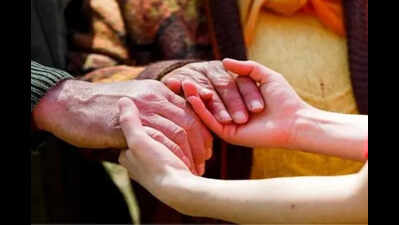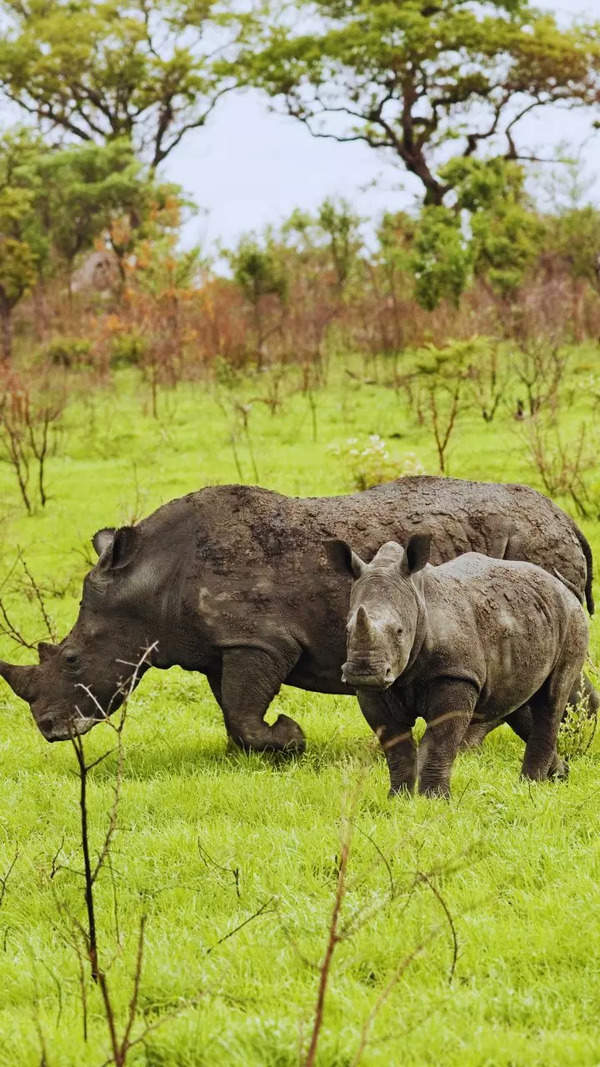Trending
Support group in Goa helped 35-year-old fight tremors, resume job
Panaji: The Goa chapter of the Parkinson’s Disease and Movement Disorder Society registered 70 new cases over the past year.
The society offers free support to people with the disease, giving information on managing it, and organising free multidisciplinary group therapy sessions and sessions for caregivers. These are held both online and offline.
The youngest person who enrolled in the society was just 35 years old when he developed stiffness and tremors in his left hand. He found it difficult to manage work and had to take time off.
“He visited many doctors to confirm the diagnosis and after the initial denial and disbelief, he and his family finally accepted the diagnosis and began treatment and therapy,” chapter coordinator and physiotherapist Dr Joanne D’Souza told TOI. “He was reluctant to join group therapy sessions as most of the others were senior citizens.”
There has been a lot of acceptance even at his workplace where they have provided him with a desk job, she said.
“Although he is independent, he continues to have a left-side tremor and stiffness,” she said. “He is able to work and support himself while continuing with his medication and physiotherapy.”
At fortnightly exercise sessions in Panaji, Margao, and Mapusa, the society provides free physiotherapy, occupational therapy, speech therapy, dance and art therapy, and brain training.
Newer therapies like tai chi, boxing, and brain gym are on the table too.
D’Souza said that the group module has been specifically designed so that people with Parkinson’s are motivated by each other when they exercise together.
Online programmes for caregivers in English and Hindi guide them to support and care for their loved ones and take care of their own mental needs.
“As Parkinson’s is a progressive condition and eventually the person will be in need of even more support and care, we ensure that the caregivers are better equipped to support their loved ones,” she said.

New York, March 9 (IANS) A team of scientists has revealed a breakthrough discovery, linking genetic variants in the gene ITSN1 to a significantly elevated risk of Parkinson’s disease, a neurodegenerative condition that affects nearly 2 per cent of adults older than 65 years.
End of Article
FOLLOW US ON SOCIAL MEDIA










